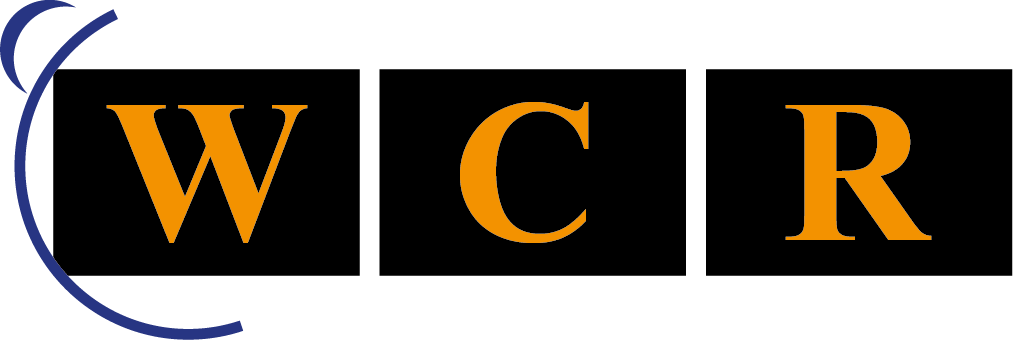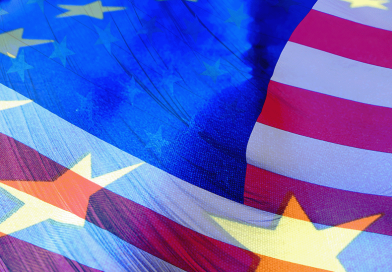For the last year there has been turbulence in the US-EU partnership. Marco Rubio argues that the new alliance should focus on advancing mutual interests and new frontiers, unshackling ingenuity, creativity, and the dynamic spirit to build a new Western century
europe
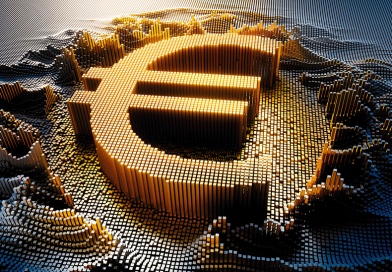
Europe and monetary sovereignty
Europe must not take its monetary sovereignty for granted in a world undergoing geopolitical and technological changes, says Piero Cipollone. Reducing excessive dependencies in payments and finance is key for resilience, competitiveness and economic security

Defining the new strategic direction
The EU needs a new trade policy strategy. Ignacio García Bercero writes that a turbulent January exposed EU trade strengths and fissures, demanding rapid anti-coercion action and smarter leverage of trade deals
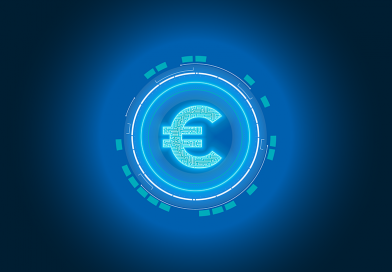
CBDC and monetary sovereignty
Calls for a digital euro increasingly invoke monetary sovereignty. Lucrezia Reichlin argues that an effective defence of monetary sovereignty will continue to depend on regulation, fiscal capacity, and the ECB’s willingness to absorb risk when it matters
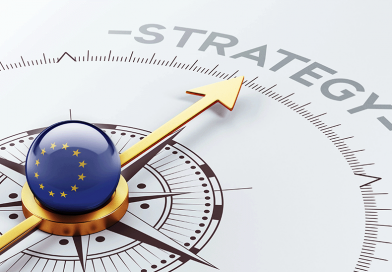
Addressing Europe’s services dependencies
The geopolitical order keeps shifting. Agnès Bénassy-Quéré, Giancarlo Corsetti, Giulia Sestieri and Rolf Strauch discuss the economic security issues raised by services trade in the EU and call for a common industrial policy for services to boost competitiveness

AI risks for employers and employees
AI-powered transcription tools are increasingly used in the workplace. Aida Ponce Del Castillo argues in an analysis from data protection law and the AI Act that their deployment raises risks both for employees and employers
